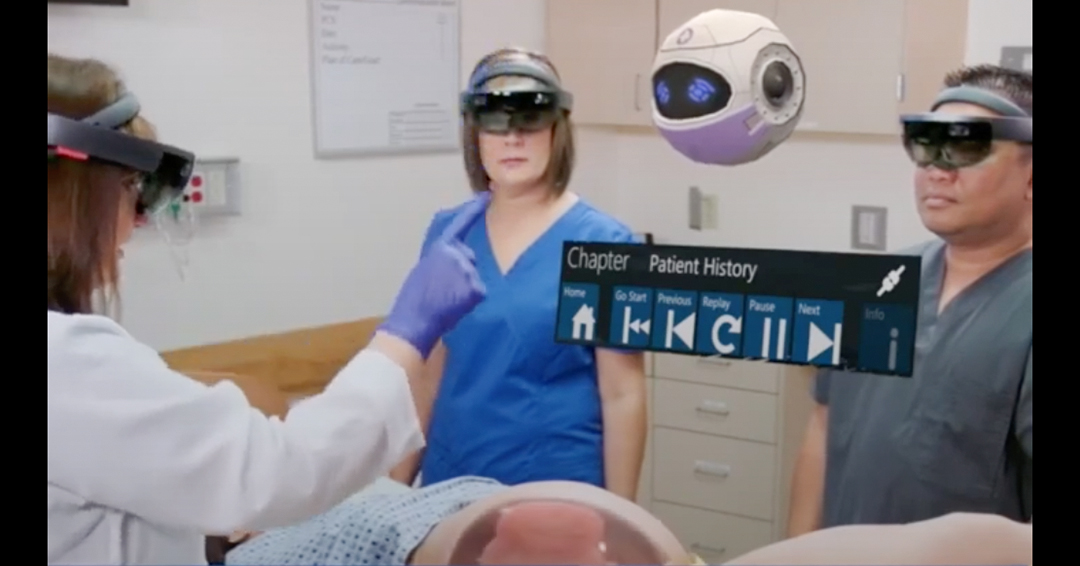
It’s a powerful tool that immerses you in a virtual reality that is utterly convincing. It can linger in your imagination as if it’s really happened.
And in high-stakes and delicate situations when your patient’s life is on the line, it could be what helps you make the right call. It’s simulation training, and it’s making a key impact in healthcare delivery.
At the McGill University Health Centre, we are big believers in the power of simulation and its value for every team and in a wide range of situations. That’s why every day, the MUHC Interprofessional Simulation Centre (MUHC-i-SIM) plays a unique role by teaching staff what to do when facing challenging patient care scenarios. They service all MUHC sites including both adult and pediatric teams.
“Simulation training brings about clarity, confidence, and answers,” says Caroline White, simulation expert who runs the MUHC-i-SIM. “It’s time to resolve questions related to policies, procedures and complex care, and to fortify communication between teammates. If you’re part of an interprofessional team, simulation is an excellent learning strategy.”
Scenarios are meticulously crafted by simulation experts. The first step is to identify the needs of the clinical units, educators and managers. Next, the decision is made as to whether the scenario will run better at the simulation centre, or in-situ on the unit. Finally, a script is written, but only the actors will read it; the learners won’t know what is going to take place during the simulation.
“My teammates and I often participate in the simulation as embedded simulation personnel (actors) and our lines deliver crucial information that affects the rest of the scene,” Caroline explains. “We carry out a specific role, acting either as a nurse, respiratory therapist, or even a concerned family member. The person, or team, being trained must carefully consider every piece of information that we give them through our lines.”
Talk about delivering ‘life’ lines!
Scenarios should meet not only the needs of the learner, but also reflect what professionals are experiencing in the clinical setting. In other words, scenarios must be realistic.
So much so in fact, recently two members of the MUHC-i-SIM won the Faculty Award for Teaching Innovation from McGill University for participating in the development of interprofessional crisis resource management simulation courses, the first of its kind at McGill. Chantal Piché and Caroline White worked on the project with a team of doctors and educators, creating a simulation-based training course for professionals in Internal Medicine. Faculty Award for Teaching Innovation
The MUHC-i-SIM is extremely important within the smooth flow of the MUHC. Stay tuned for more news on their exciting upcoming projects!
